Everyone has a perspective, a “point of view,” or POV, if you will. We all have a vantage point from which we perceive the world around us with our senses and, moreover, everyone has their own way of thinking and feeling about what they are perceiving with those senses.
Thinking and feeling are interconnected. Thinking and feeling certain ways can cause a person to say certain things and behave in certain ways, and then, one will feel and think certain ways after having said or done what one has said and done because saying certain things (to yourself or out loud) and behaving in certain ways reinforces what one already thinks and feels.
It’s a loop, really.
If you’re not happily looping, however, there is a way out, and, once out, one is free to enjoy without needing anything or having to go anywhere and with the added bonus of a light-hearted happy feeling of good humor.
What could be better?

It begins with cultivating an awareness of how one’s thoughts affect one’s feelings. As an online grief assistant put it (not that you’re grieving, but this applies to all feelings), “When your thoughts appear to be the product of your overwhelming sadness and grief, know that it is your thoughts that are feeding the sadness rather than the other way around. Your thoughts generate a feeling which you then act upon” (“How our thoughts govern how we feel“).
When you have a good, bad or indifferent thought, a matching good, bad or indifferent feeling will be the result. It’s all cause (thought) and effect (feeling) in a chain of causes and effects.
If one isn’t aware of how one’s thoughts affect one’s feelings and thus one’s self and the world at large, one can unknowingly let thoughts get the better of one by looping in a way that limits or eliminates happiness, because happiness, if you dig into it, is the ground of one’s being. Happiness is there all the time in the background before we muddle ourselves with thinking and feeling.
Cue music:
As a kid you were probably naturally happy, that is, unless your happiness was tarnished by someone equally tarnished, but even then, even if it feels like your happiness is or was tarnished, even if you think happiness is completely missing, it actually isn’t.
You can have everything but still not be happy and, conversely, you can have nothing and be happy. It depends on how one thinks. The trick is to limit bad thoughts and feelings and nurture good thoughts and feelings. By repeating the latter (good thoughts and feelings), the former (bad thoughts and feelings), evaporate.
Happiness doesn’t come from outside sources like cars and money, nor does it come from experiences like world travel or cannabis imbibing. We know how thoughts and feelings come and go like clouds on any given day as we age, but one thing remains in the background blue sky: one’s self prior to thinking.
To enjoy is to agree to partake. Violence begets violence. Peace begets peace. So it is. Make your choice. Enjoyment is affirmed when one says, “I will enjoy” but not at the expense of others. Just as one can initiate enjoyment with an affirmation, so too can enjoyment be prevented by a lack of attention or unrealistic expectations.
Metaphorically speaking, who one is, as a person, is like someone wearing sunglasses. The sunglasses one wears affects how one sees. When one wears pink sunglasses, the world appears pink. Likewise, so too is the world colored by the lens of one’s thoughts and feelings about what one has seen, thought or felt in the past and is seeing, thinking and feeling in the present.
The reality that we assume to be real—that each of us perceives with our senses combined with awareness—the reality that we consider to be reality, is not really reality, at least, not directly.
Looking at reality is kind of like watching reality TV. Reality TV is not reality. It’s TV reality. So too is one’s personal subjective reality. If one perceives reality as harsh and unenjoyable, reality appears harsh and unenjoyable and then one acts accordingly.
In this choice to enjoy, willpower might come to mind, but enjoyment is like sleep, you can’t make it happen. You can, however, set the stage for enjoyment. The philosopher Arthur Schopenhauer (1788-186) said that the will is like “the strong blind man who carries on his shoulders the lame man who can see.” The strong blind man symbolizes willpower and the lame man symbolizes one’s conscious mind. Not everyone has willpower, however. That’s where a contrasting philosophical concept called free will comes in. Whereas willpower emphasizes persistence and determination, free will emphasizes the choices we make and our individual autonomy as conscious beings (The Socratic Method). Having autonomy means one is free to follow one’s heart.
It is one’s conscious mind that possesses the faculties to evaluate the consequences of one’s actions. It is will power and free will in combination that allows one to navigate the complexities of living. Repeated thoughts become like grooves in a record that play again and again. If one has been treated harshly, one may treat others likewise but if one perceives the world without a bias initiated by a past experience, one can get out of the rut of past thinking to realize the beauty that is in front of one, like a blue sky hidden by clouds.
Clouds are like thoughts. They come and they go. They cover the background blue sky which is the happiness we feel when we let all those thoughts drift on by.
If one can see the big-picture, one can see one’s sameness with others and the beauty of living and, if one can see that big-picture and enjoy the feeling of being and breathing in that blue sky feeling without thinking or needing, well then, one is effortlessly and naturally happy.
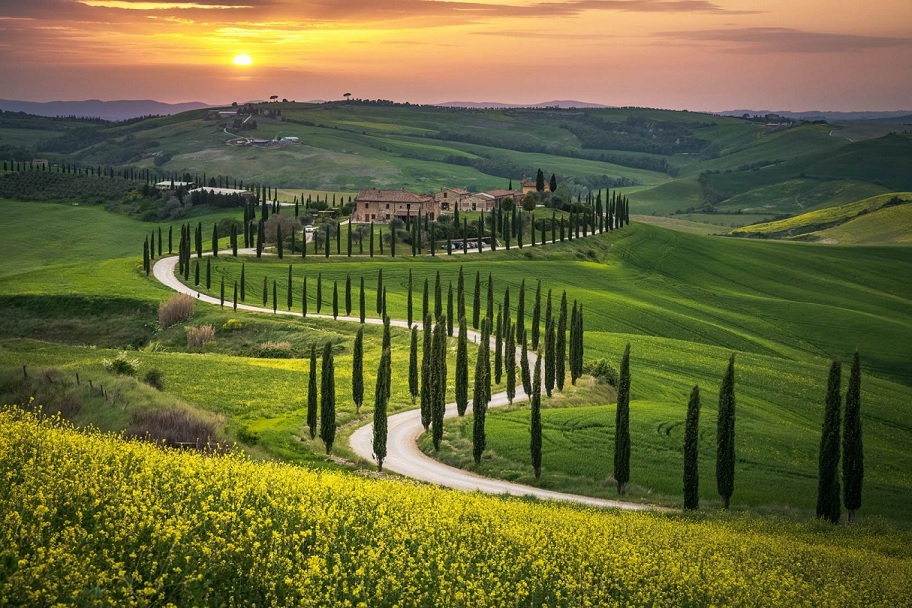
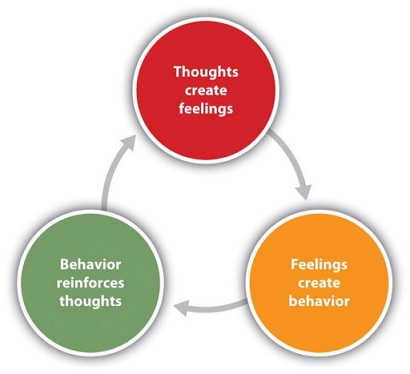
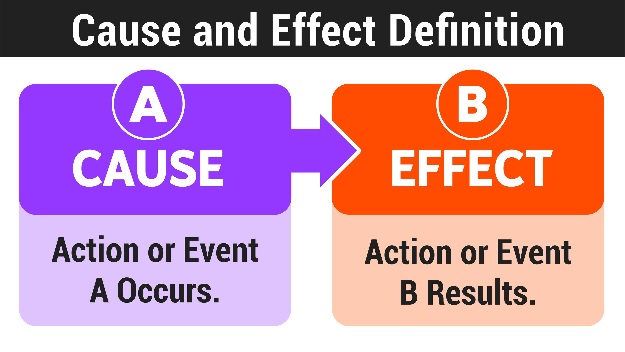
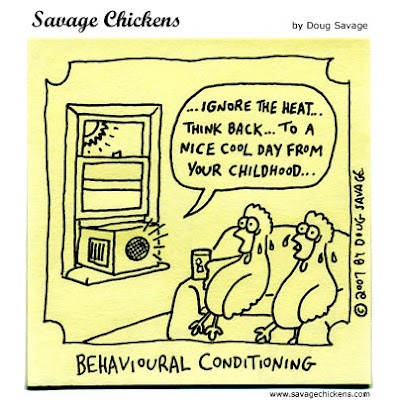
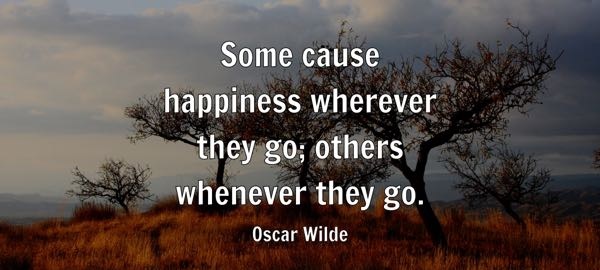
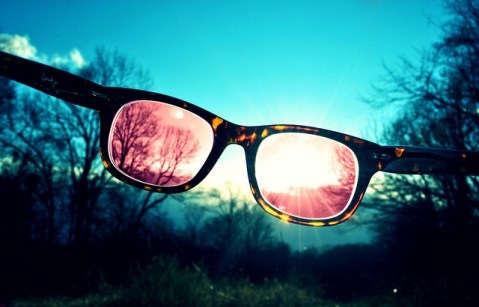


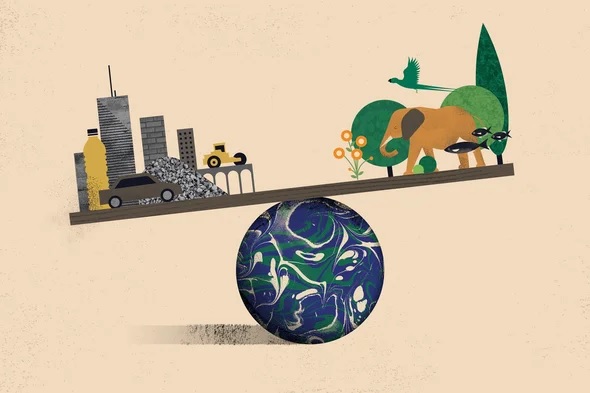
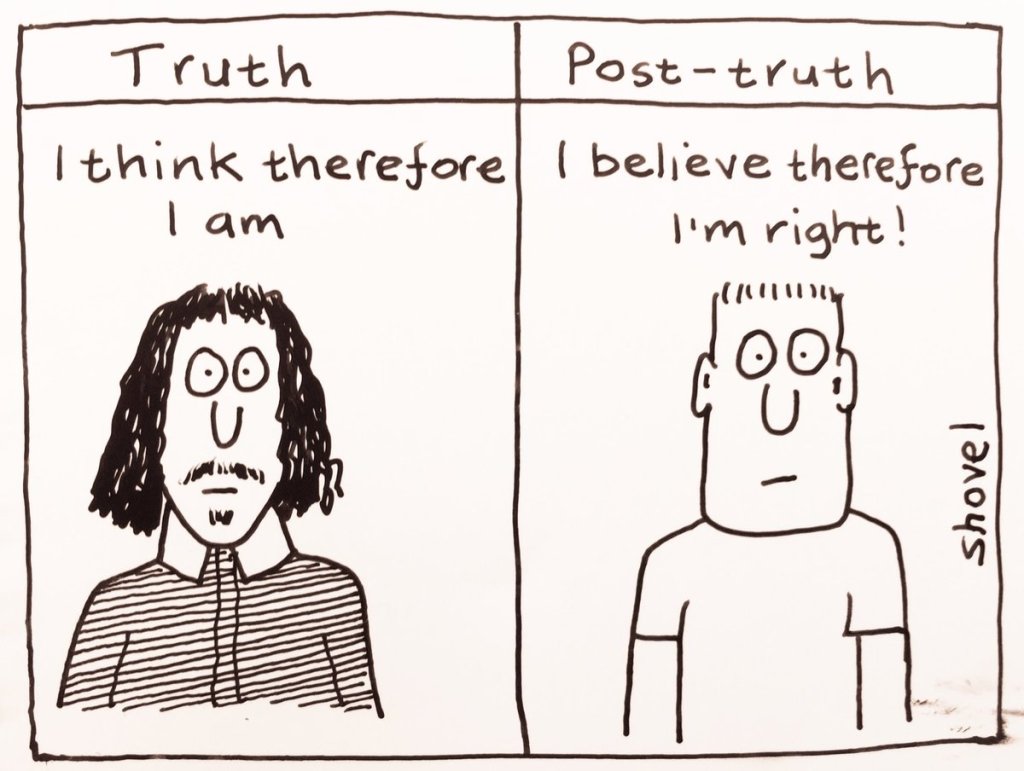



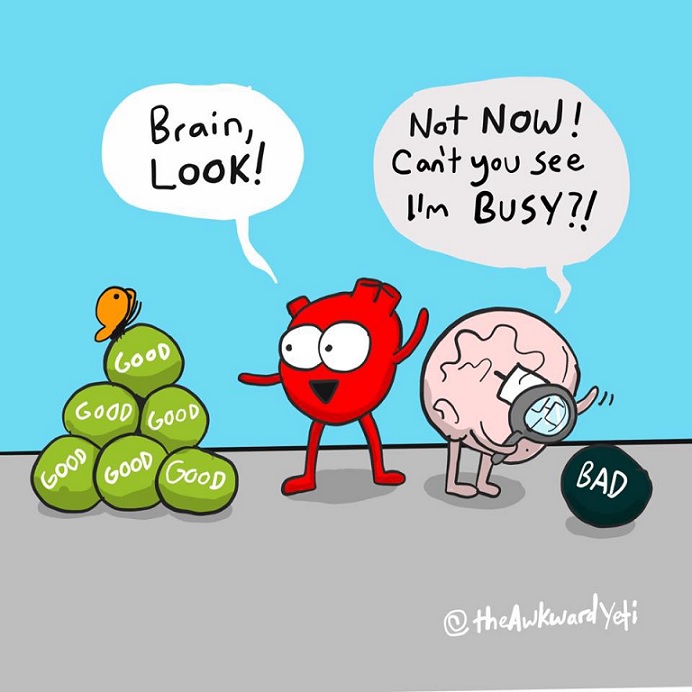





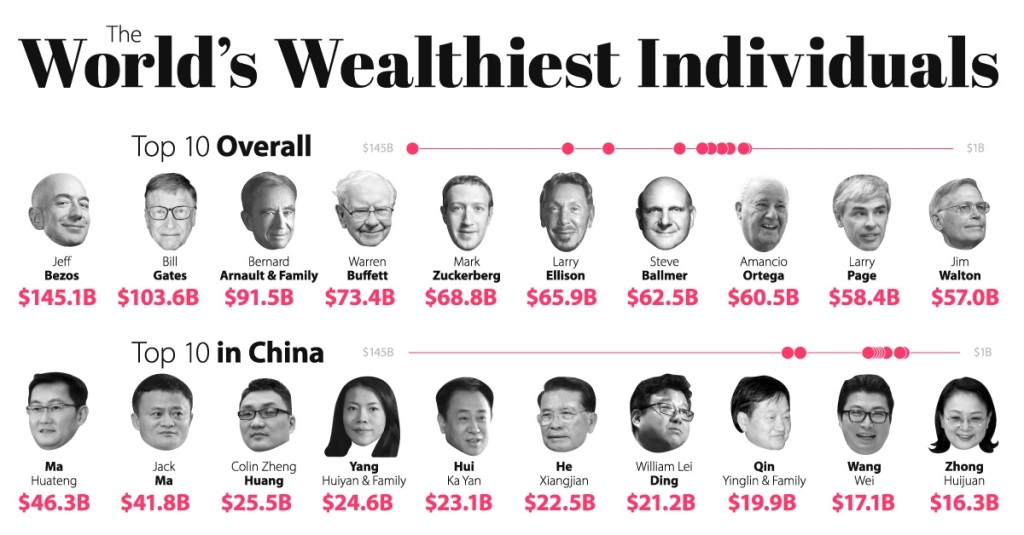
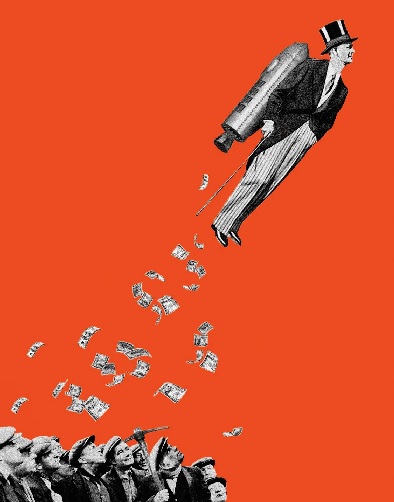
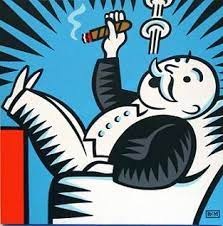

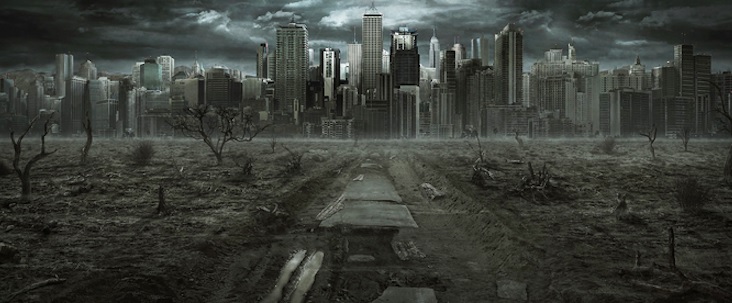
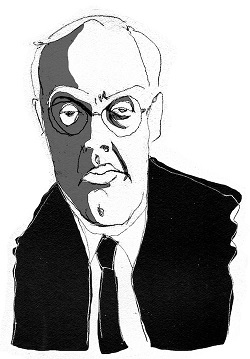
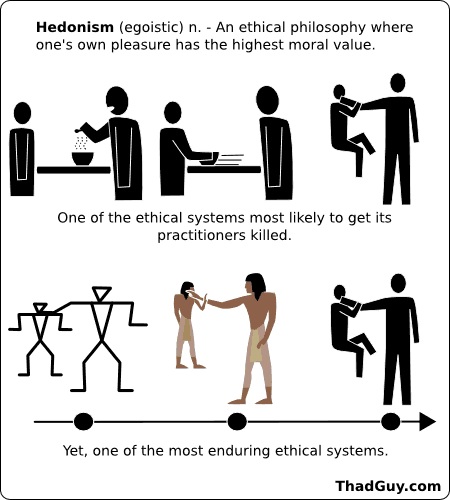
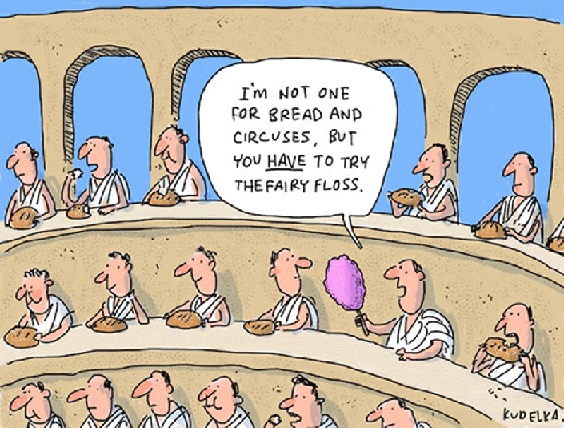

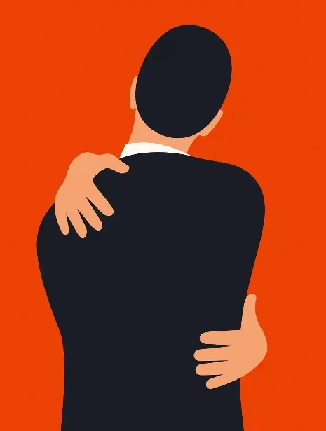

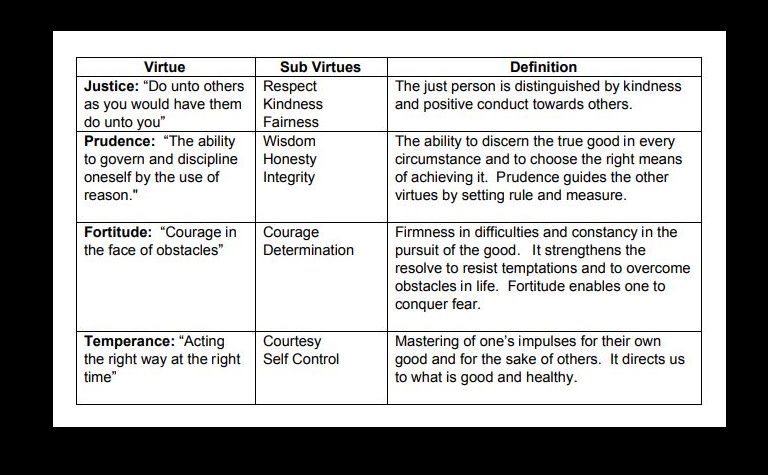





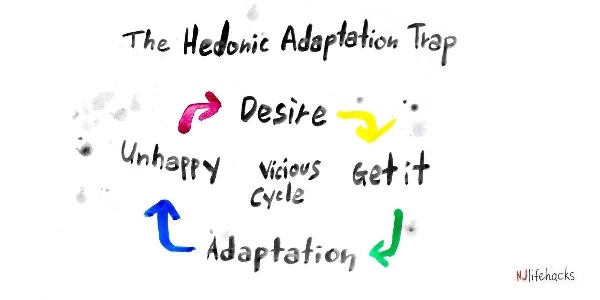
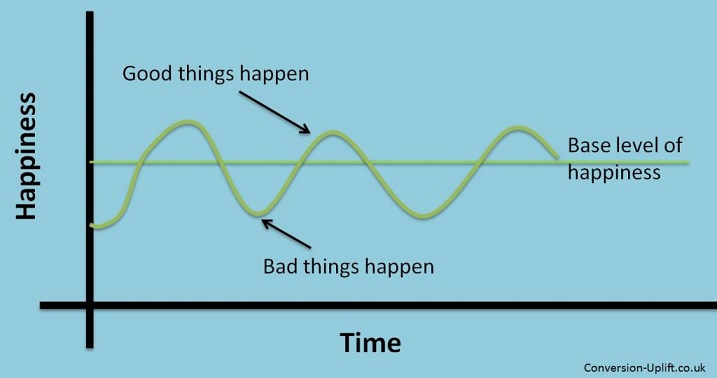











 But no more. With a click of awareness, from this moment forward (and backward), you
But no more. With a click of awareness, from this moment forward (and backward), you 















 “Is that what it feels like to die?” she wonders, looking around at what was old made new.
“Is that what it feels like to die?” she wonders, looking around at what was old made new.
 Flash – you’re at work. Splash – you’re eating dinner. Zip it’s tomorrow, all the while, without interruption, you’ve been yourself to you alone.
Flash – you’re at work. Splash – you’re eating dinner. Zip it’s tomorrow, all the while, without interruption, you’ve been yourself to you alone. A woman says, “I’m Mavis. I live in Moose Jaw. I’m middle-aged, overweight and I work at Tim Hortons.”
A woman says, “I’m Mavis. I live in Moose Jaw. I’m middle-aged, overweight and I work at Tim Hortons.”

